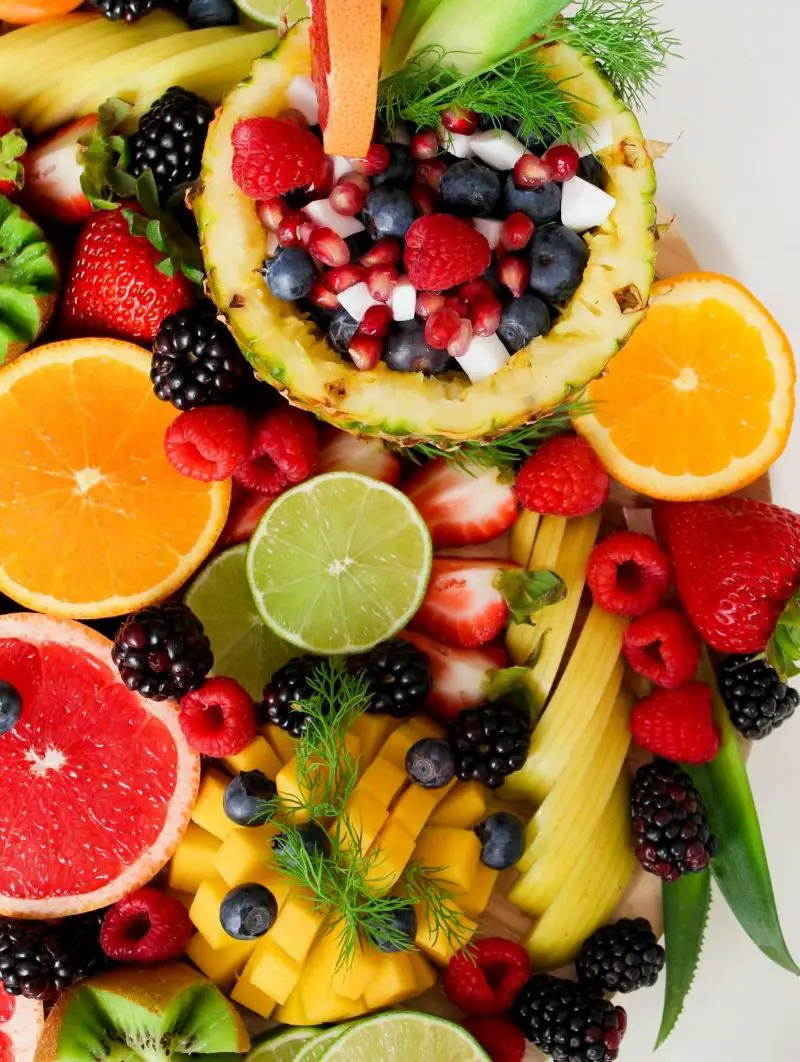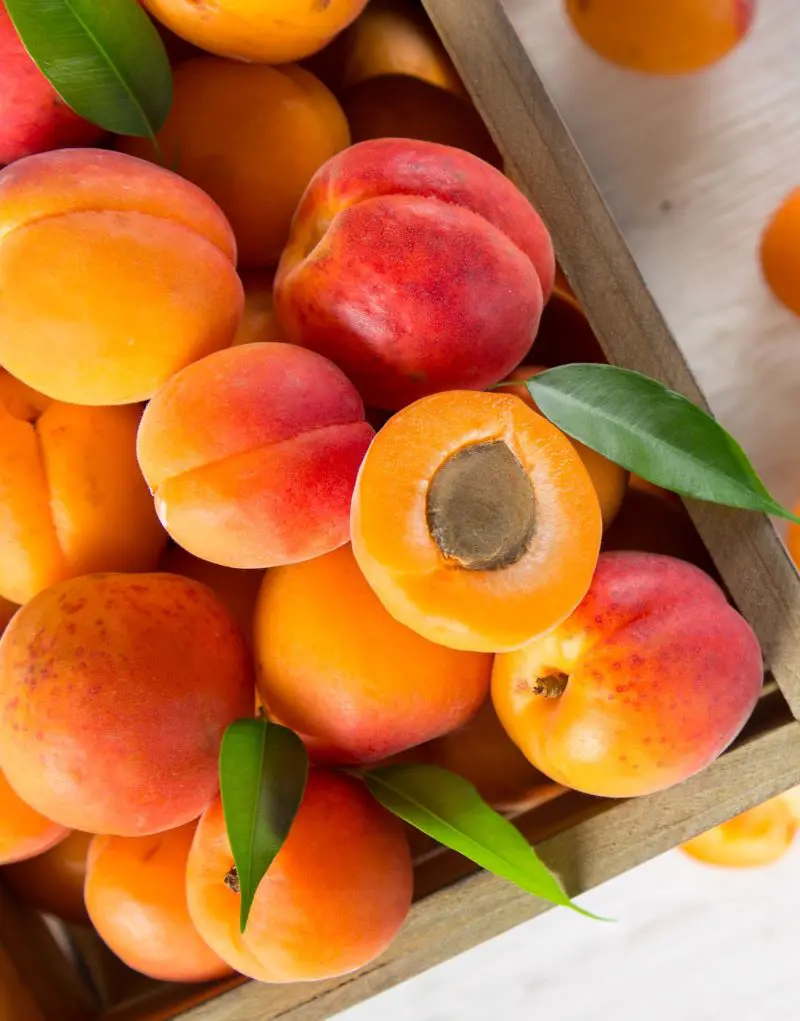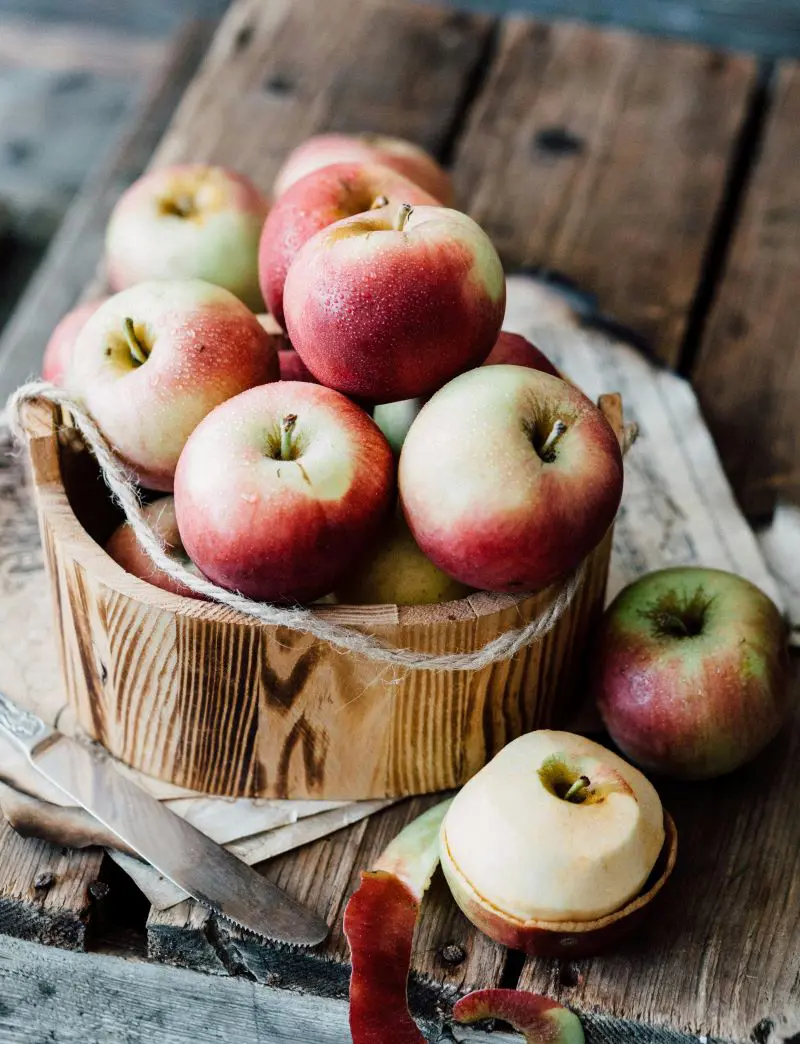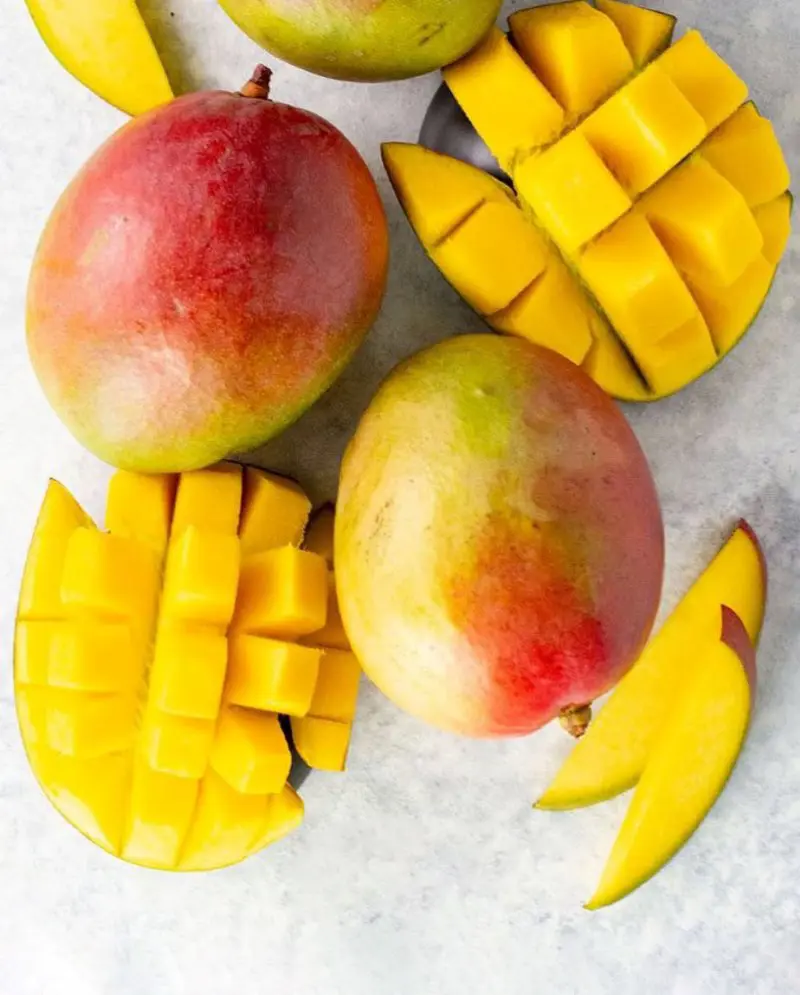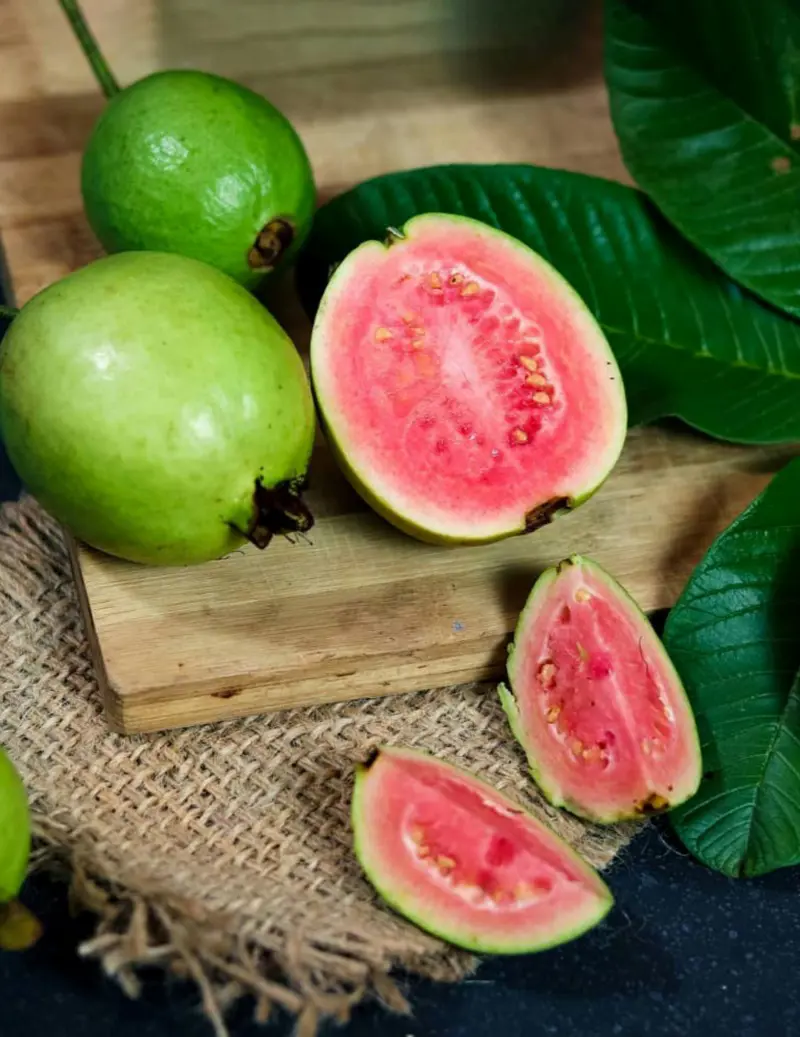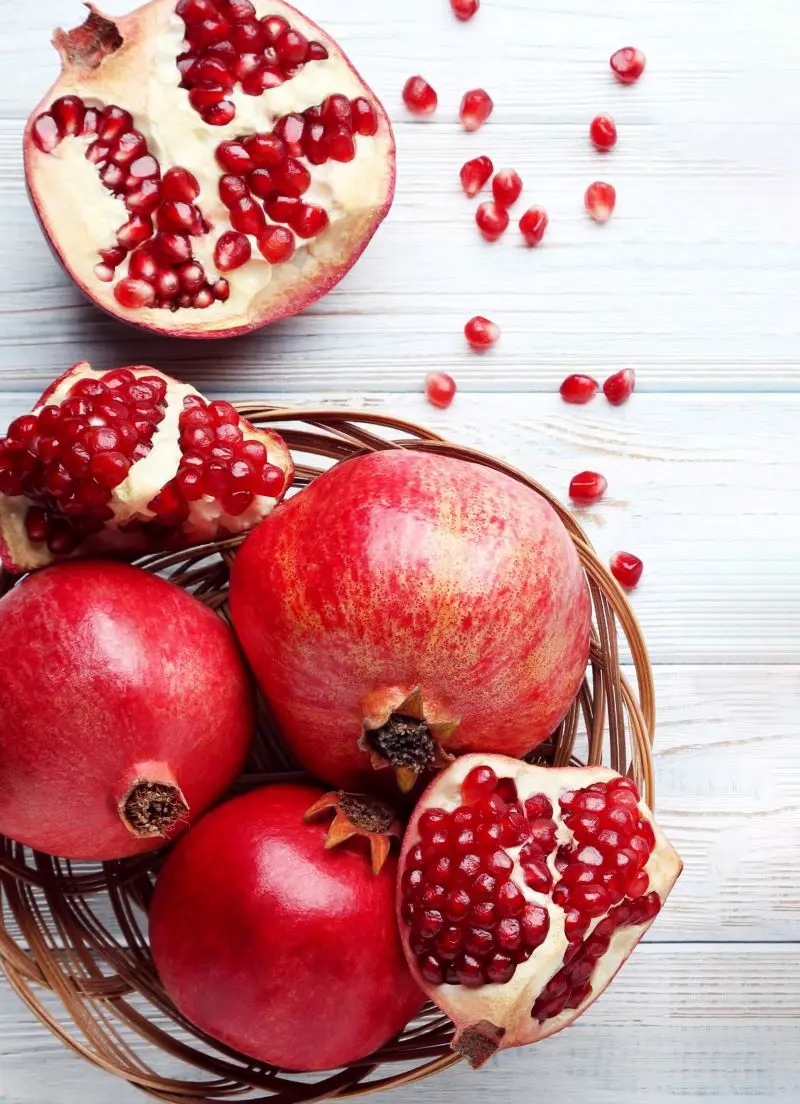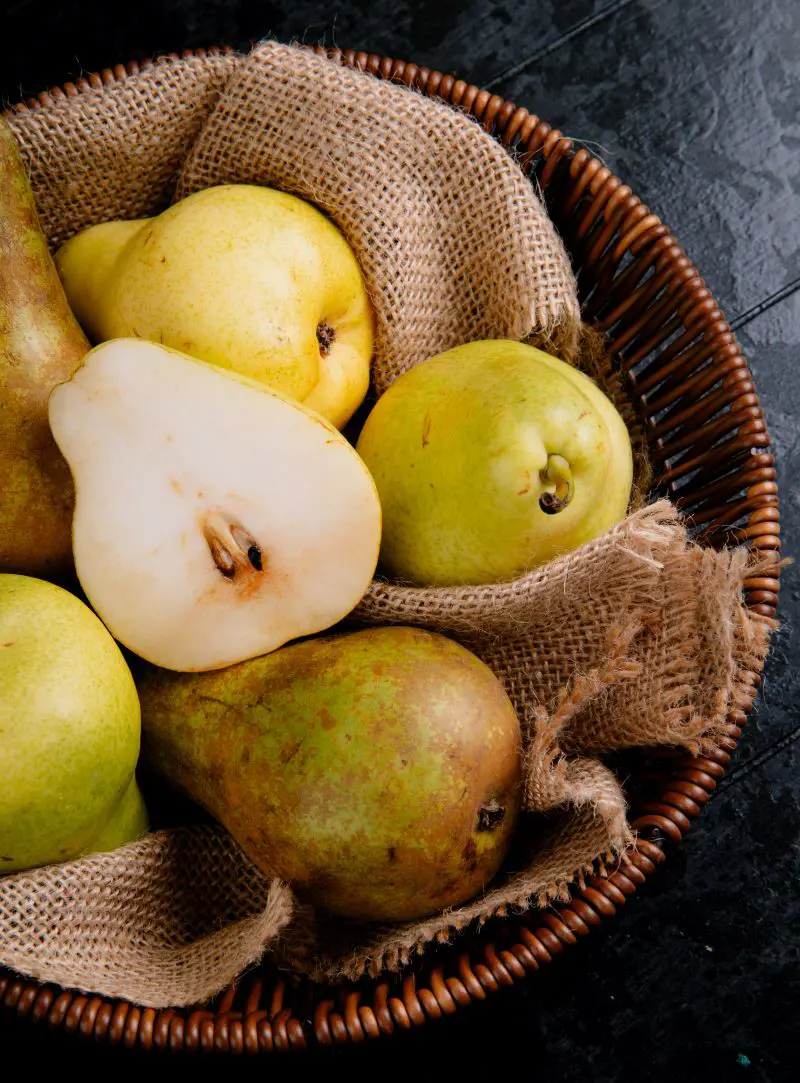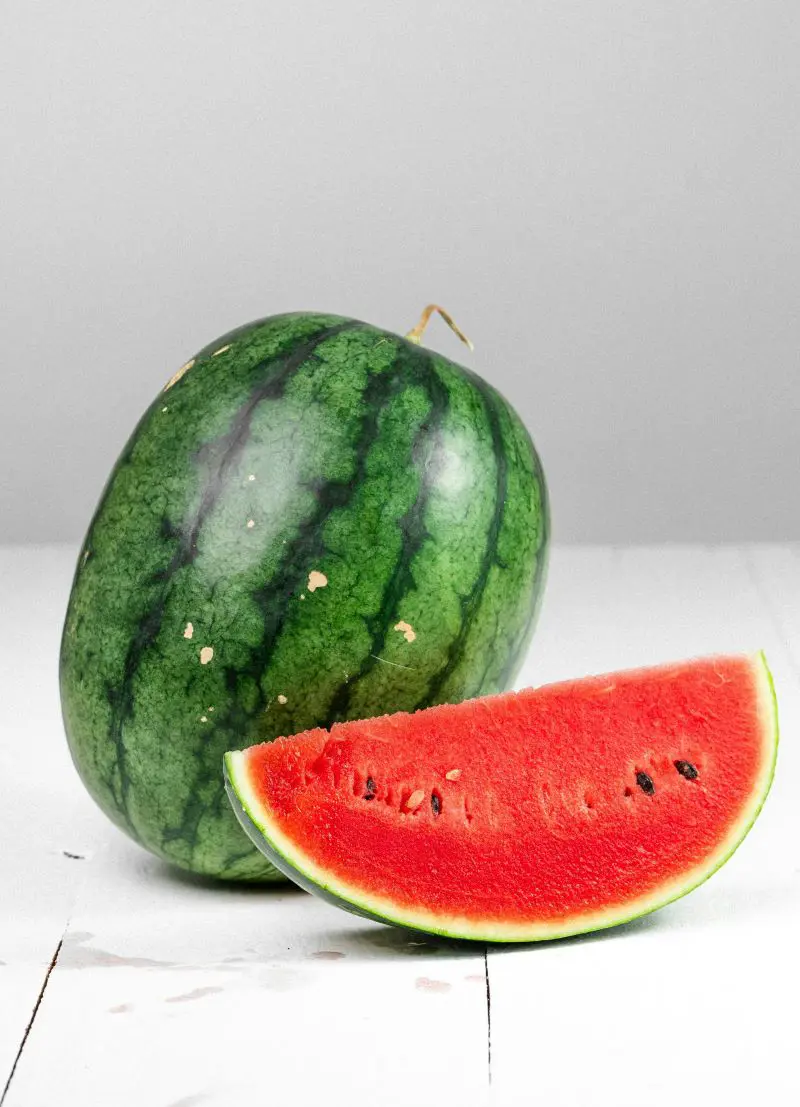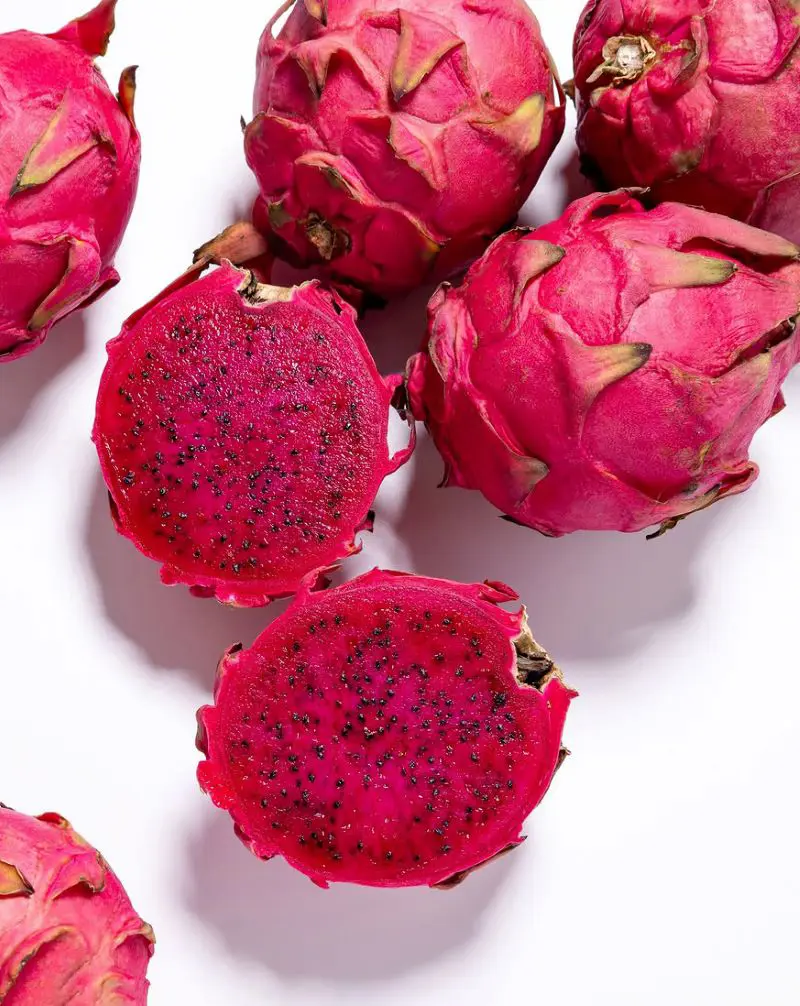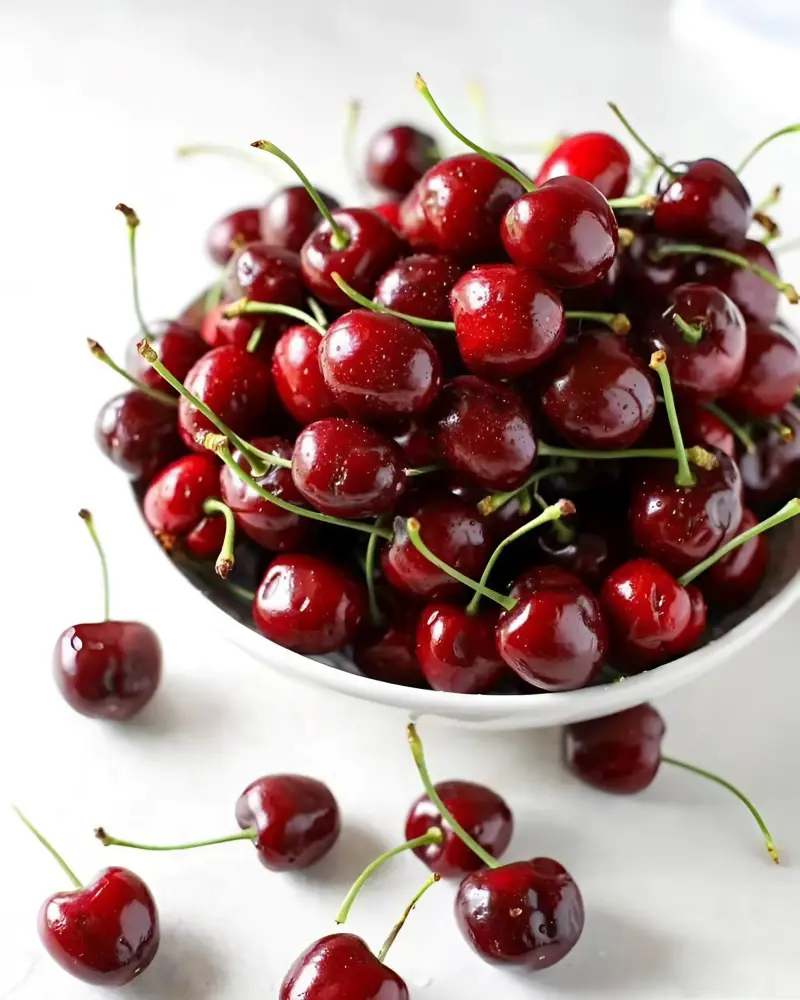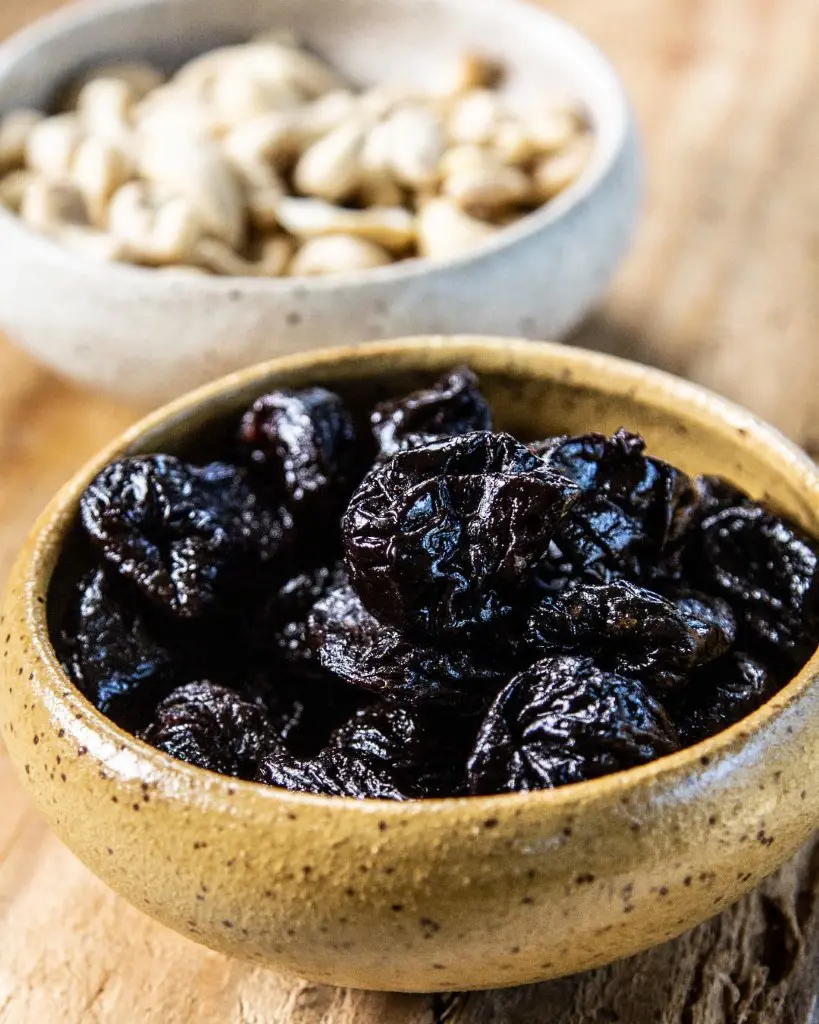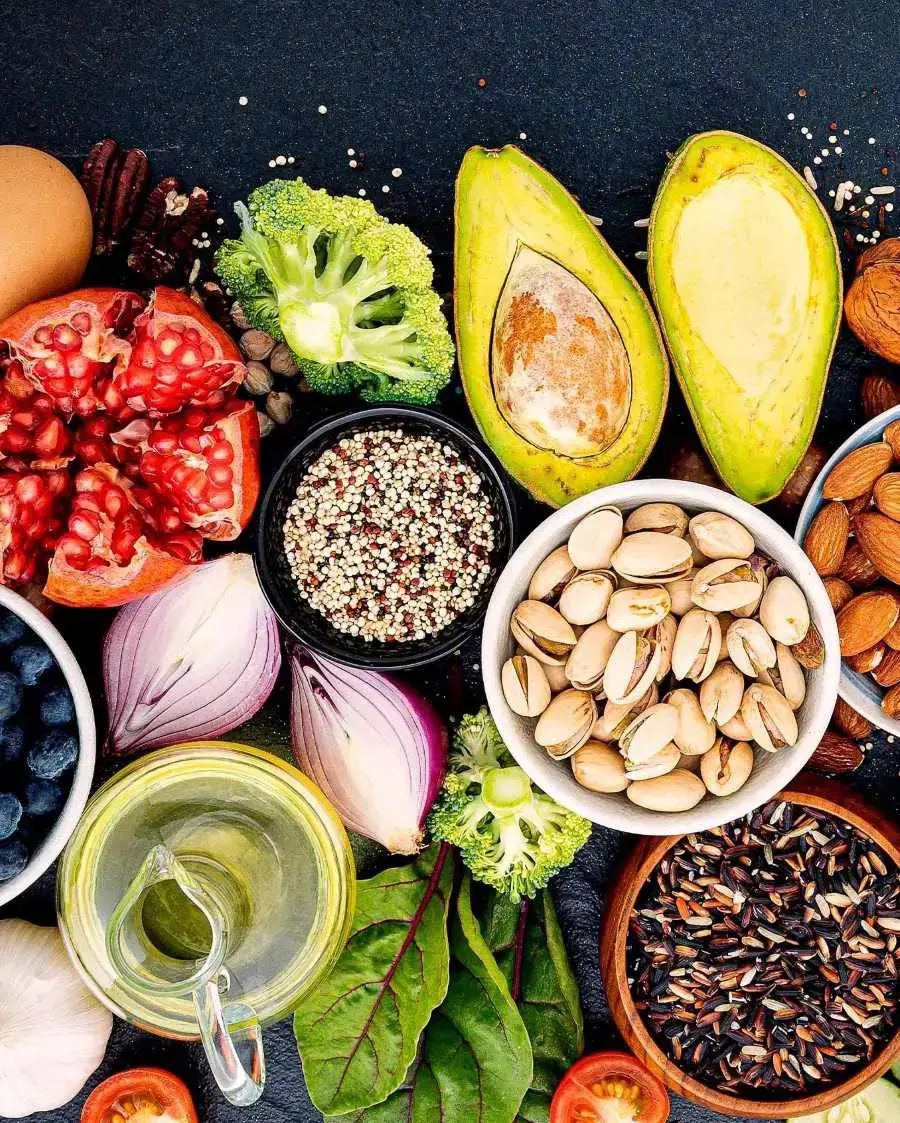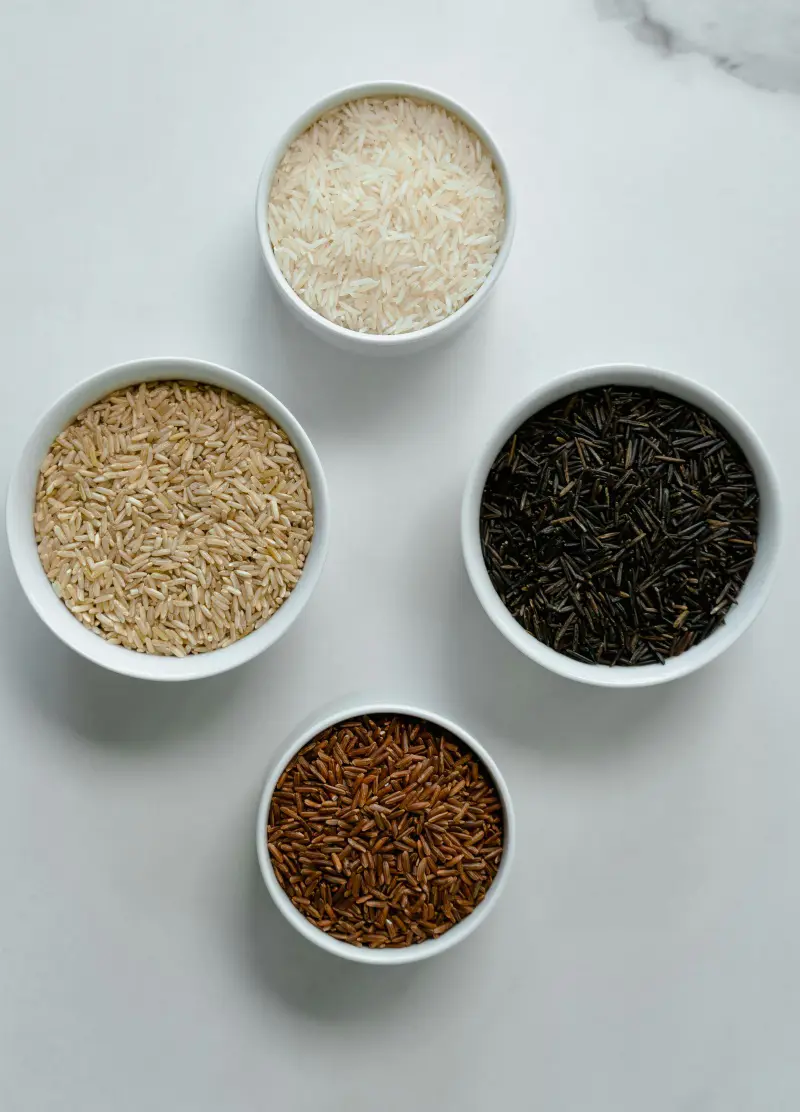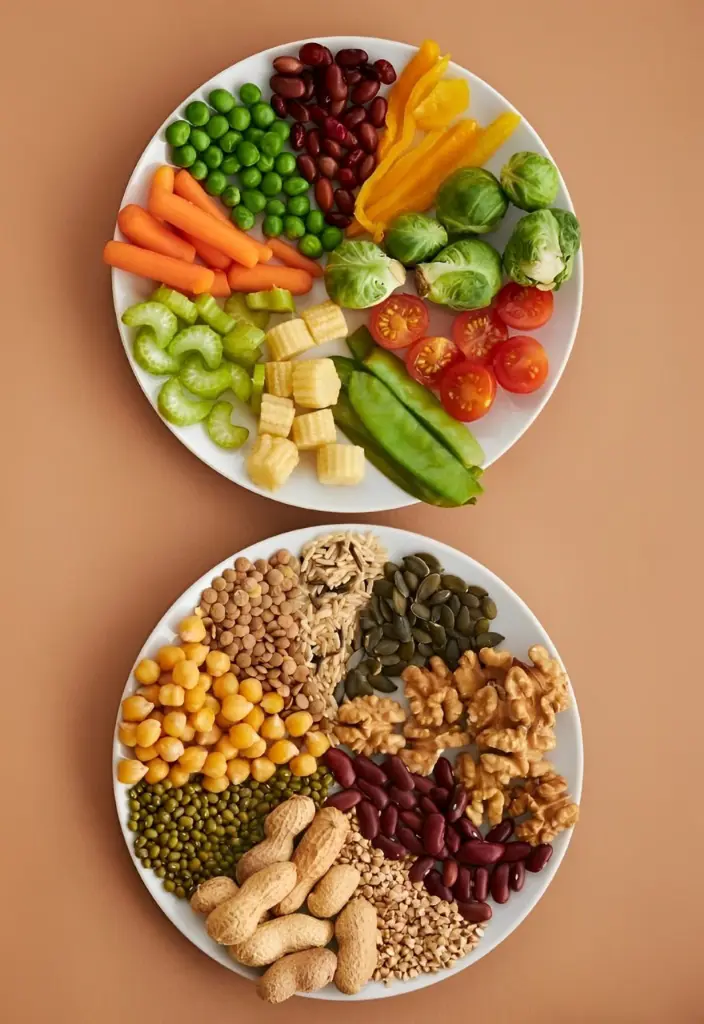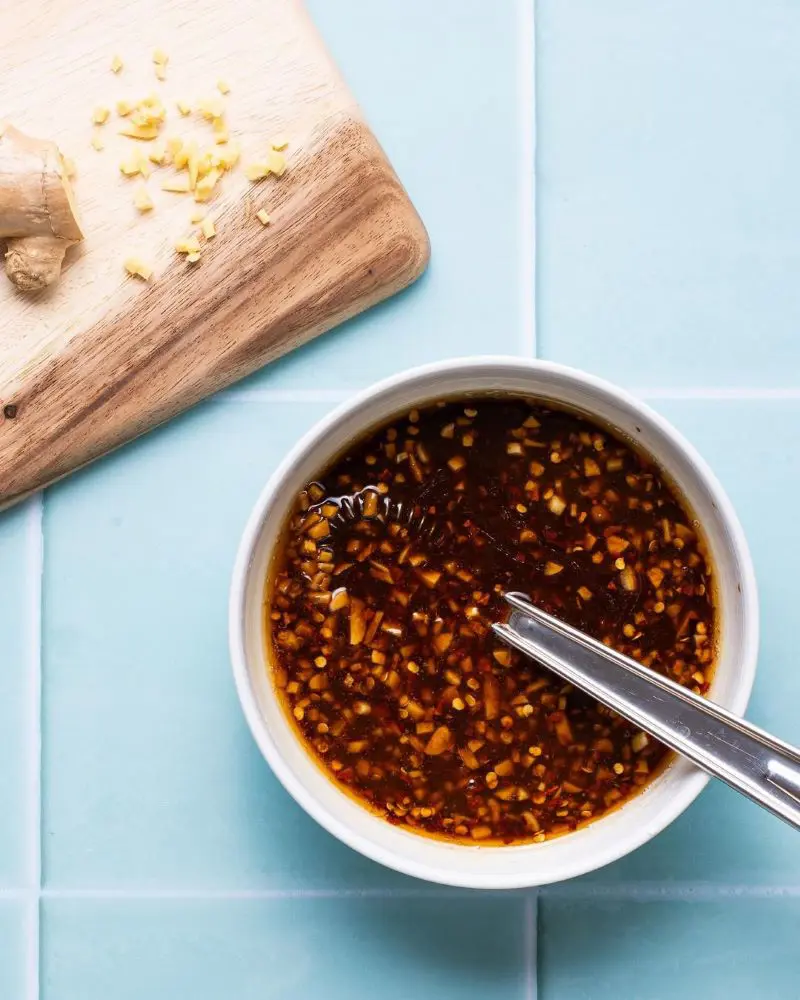While most fruits provide excellent nutrition during pregnancy, some need extra caution or should be avoided altogether. Being selective about fruit choices helps protect both mother and baby from potential risks.
Certain fruits contain substances that might affect pregnancy, especially during the early stages. Understanding which fruits need moderation or complete avoidance ensures safer food choices during these crucial nine months.
Papaya
Unripe papaya contains high levels of latex, which can trigger uterine contractions. The enzyme papain in green papayas might harm fetal development.
Ripe papayas are generally safe in moderation, but avoiding unripe or semi-ripe papayas remains crucial during pregnancy. Look for papayas that are fully orange-red and soft to touch if choosing to eat them.
Tamarind
While not completely forbidden, tamarind needs careful moderation during pregnancy. Its high acidity might cause stomach discomfort, especially during the first trimester when morning sickness peaks.
Large amounts can lead to acid reflux issues. Small amounts in cooking remain safe, but avoid consuming raw tamarind or tamarind-based supplements.
Pineapple
Fresh pineapple contains bromelain, an enzyme that might cause mild contractions when eaten in large amounts. While occasional small servings pose little risk, excessive consumption should be avoided, especially during early pregnancy.
Canned pineapple proves safer as the canning process breaks down bromelain. Stick to small portions if craving this tropical fruit.
Frozen Fruits
Skip frozen fruits during pregnancy. Most frozen fruits lose their natural nutrients during processing and storage. Companies often add preservatives and extra sugar to maintain taste and extend shelf life.
The processing methods strip away some of the natural benefits found in fresh fruits. If fresh fruits aren't available, ensure any frozen varieties come from trusted sources and check labels carefully for added ingredients.

